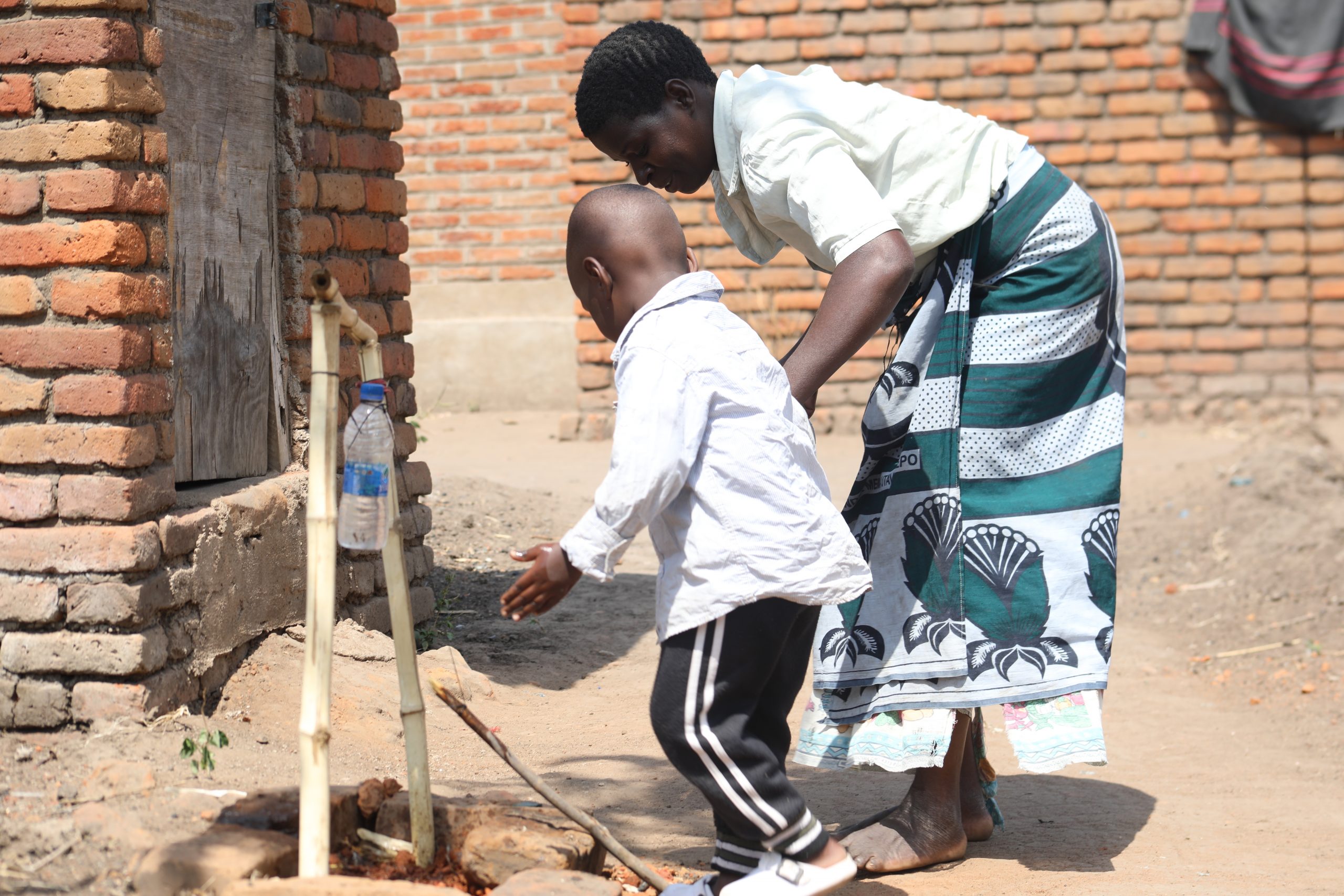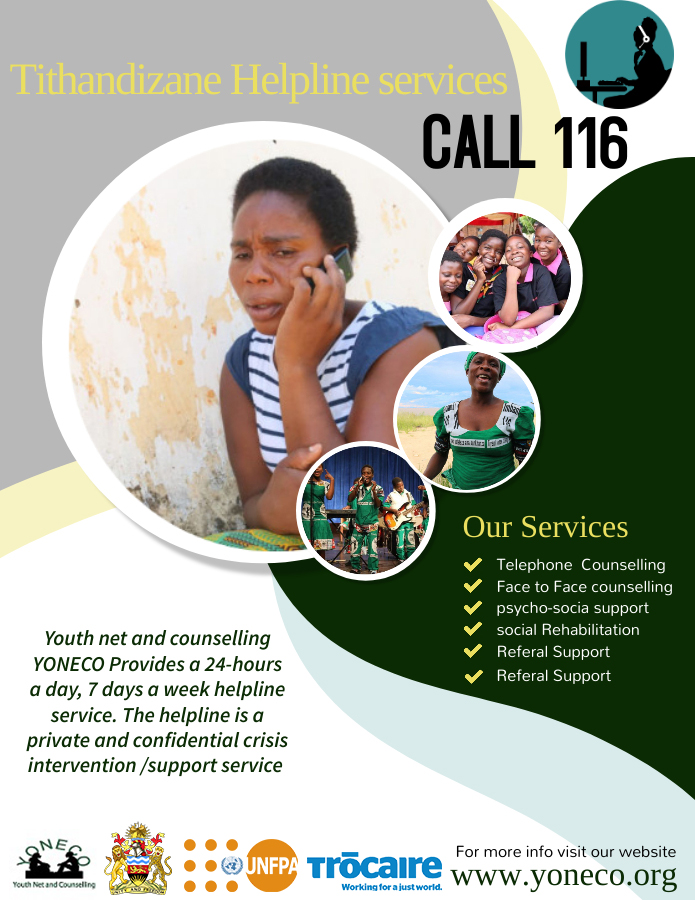Between March of 2022 to March 2023, Malawi experienced the deadliest cholera outbreak in history. The outbreak left a cumulative death toll of 1,772 people. The prolonged outbreak vindicates the impact of climate change leading to heavy flooding and drying up of hygienic water sources. Such challenges have been compelling people to consume unclean water.
The training of various community groups and Community Health Workers (CHWs) were rolled out in Maching and Zomba districts to enhance community resilience amidst the various climate change-induced health problems.
The CHWs and trained community groups led awareness campaigns and engagement meetings with communities to collectively devise strategies for mitigating the devastating health effects of climate change. Community members, with the technical support of CHWs and the trained cadres devised a number of adaption measures to the climate change-induced health problems including cholera.
The adoption of Mponda Gear handwashing facility is one of the innovations which community members resolved to introduce in their areas. The facility uses locally available materials and involves recycling of water bottles that are attached to two small and simple wooden poles and connected to a wooden pedal (Mponda Gear). Thus, this is used to wash hands after using the toilet.
YONECO further trained some community members to lead the process of producing the handwashing facilities. The innovation was adapted by over 80 per cent of the households in the targeted area.
Previously, communities had no hygienic facilities for washing hands after using the toilet hence the continued morbidity of waterborne diseases like cholera.
“The introduction of Mponda Gears is a game changer. We are now able to prevent diseases that are caused by poor hygiene,” explained Rose Kambuwa – one of the people who are using Mponda Gear Hand washing facility in Zomba district.


